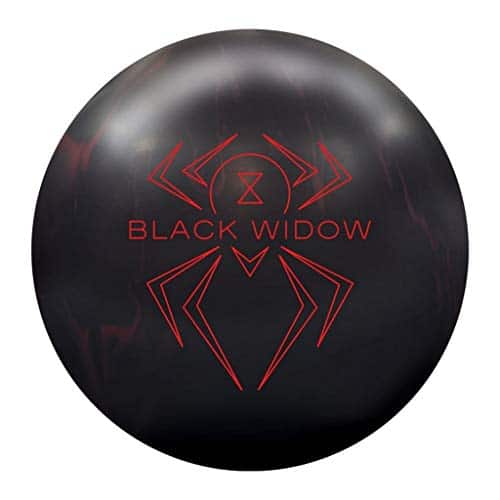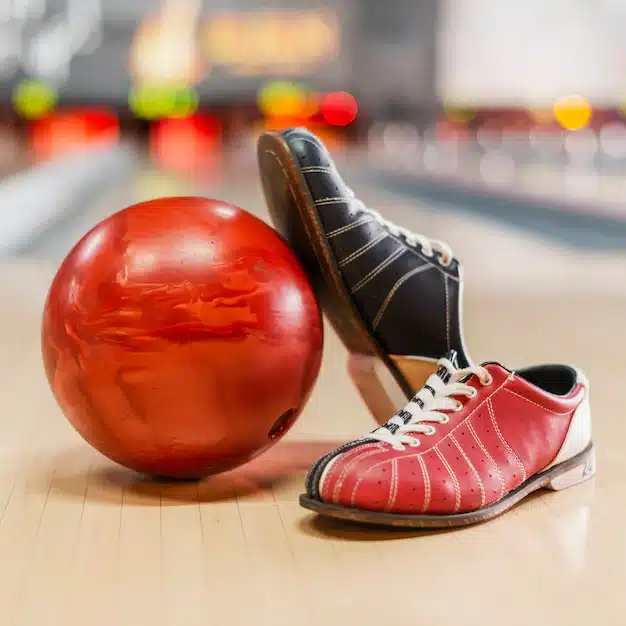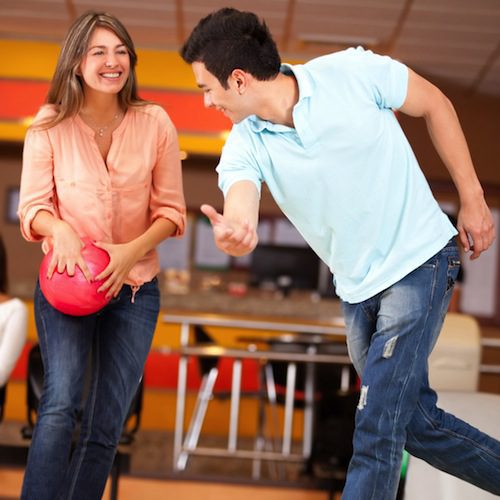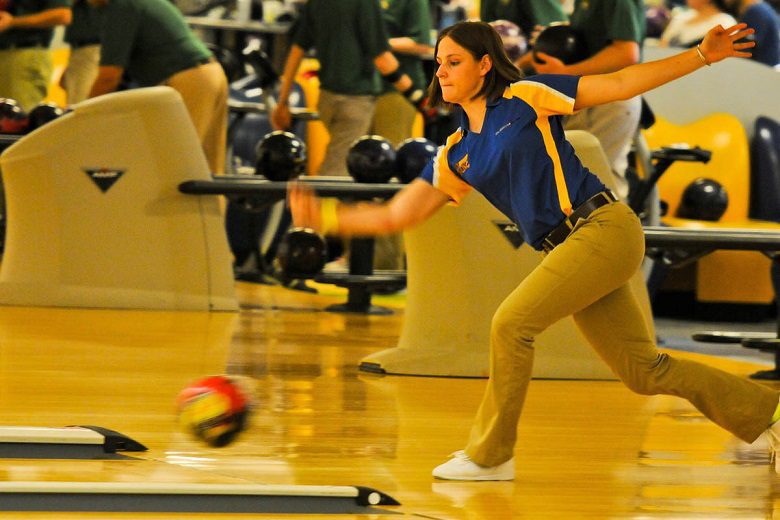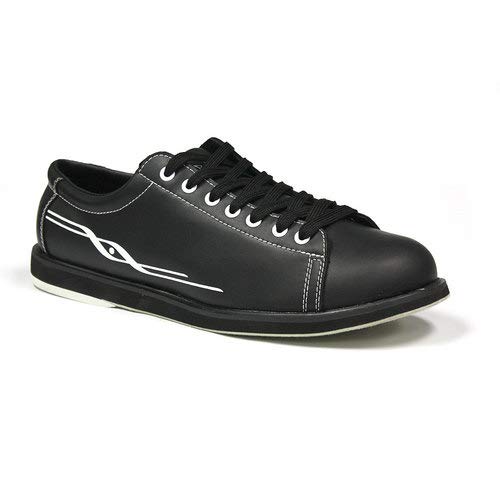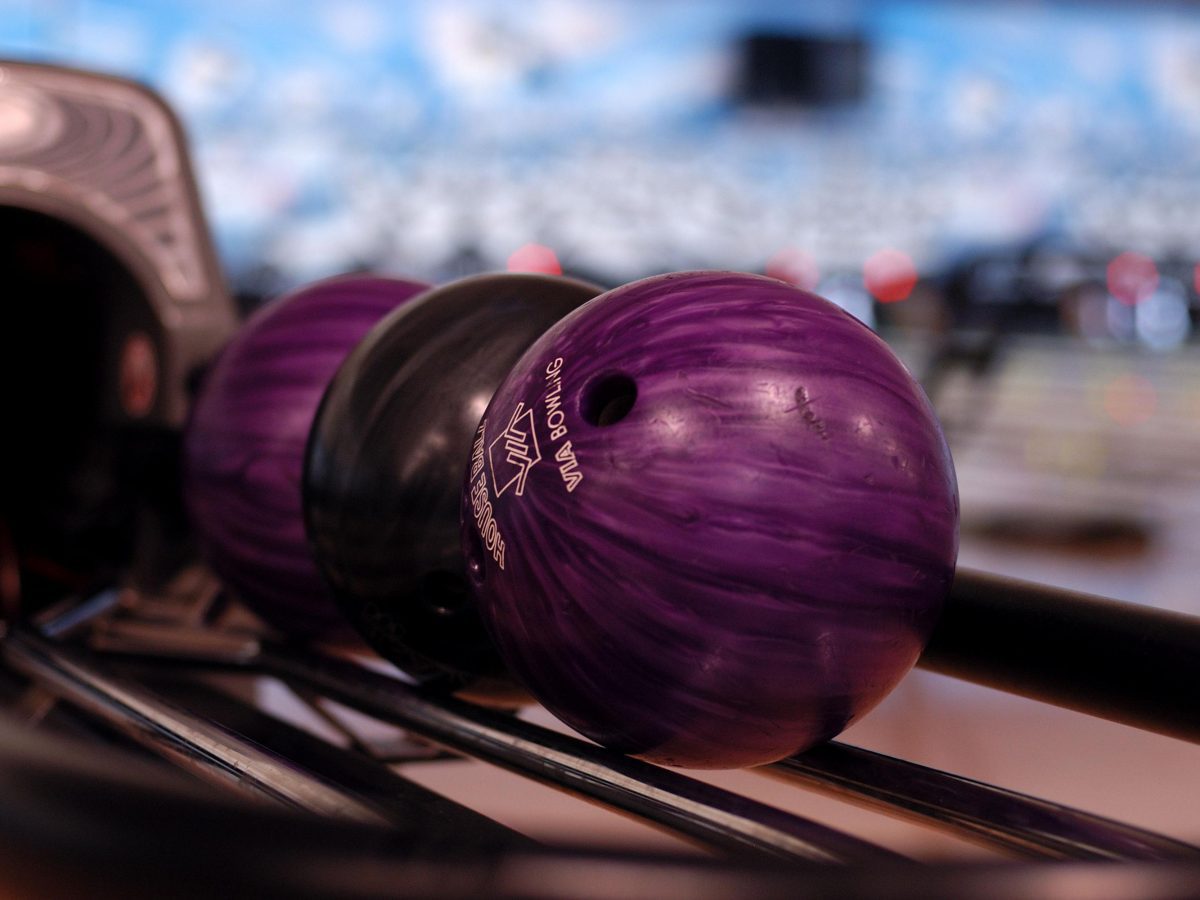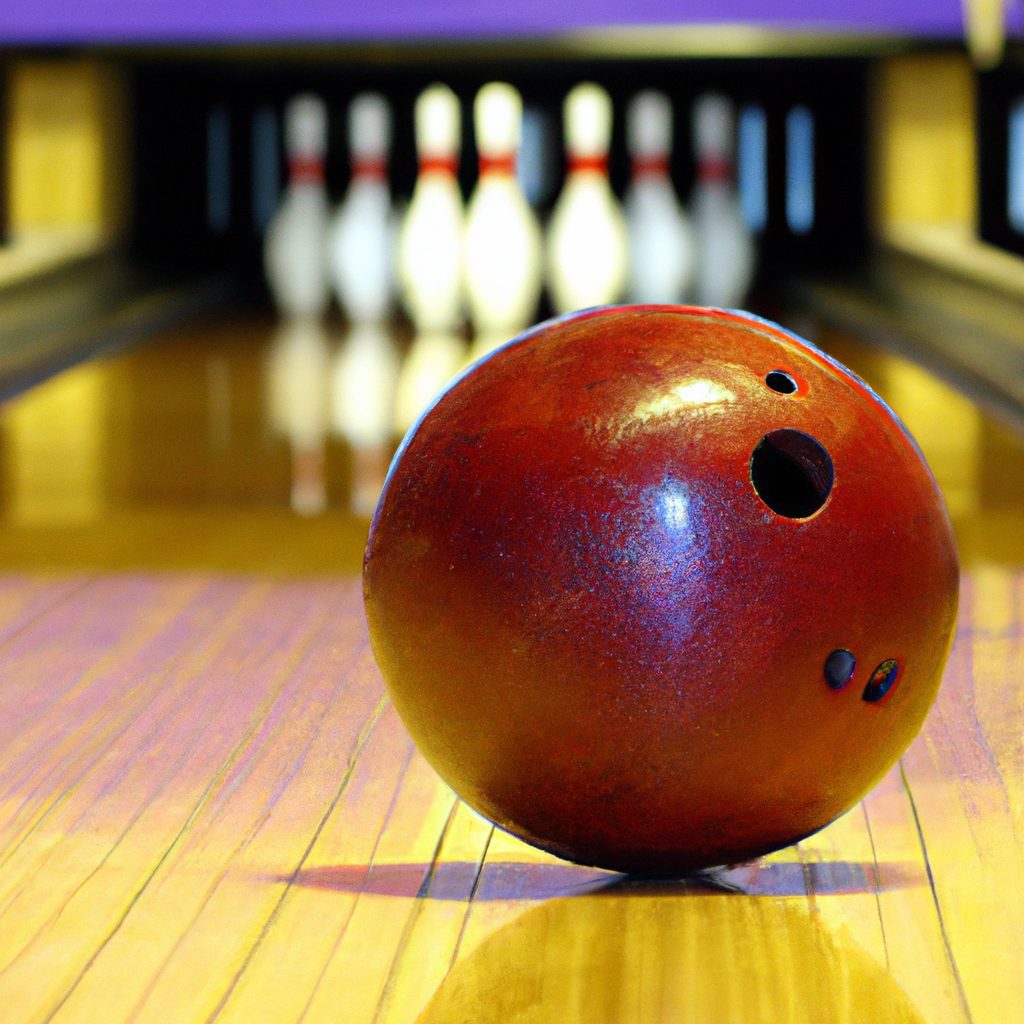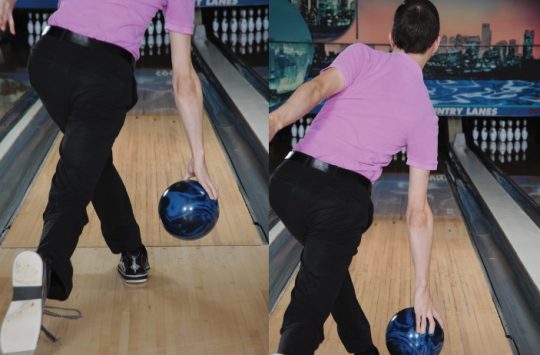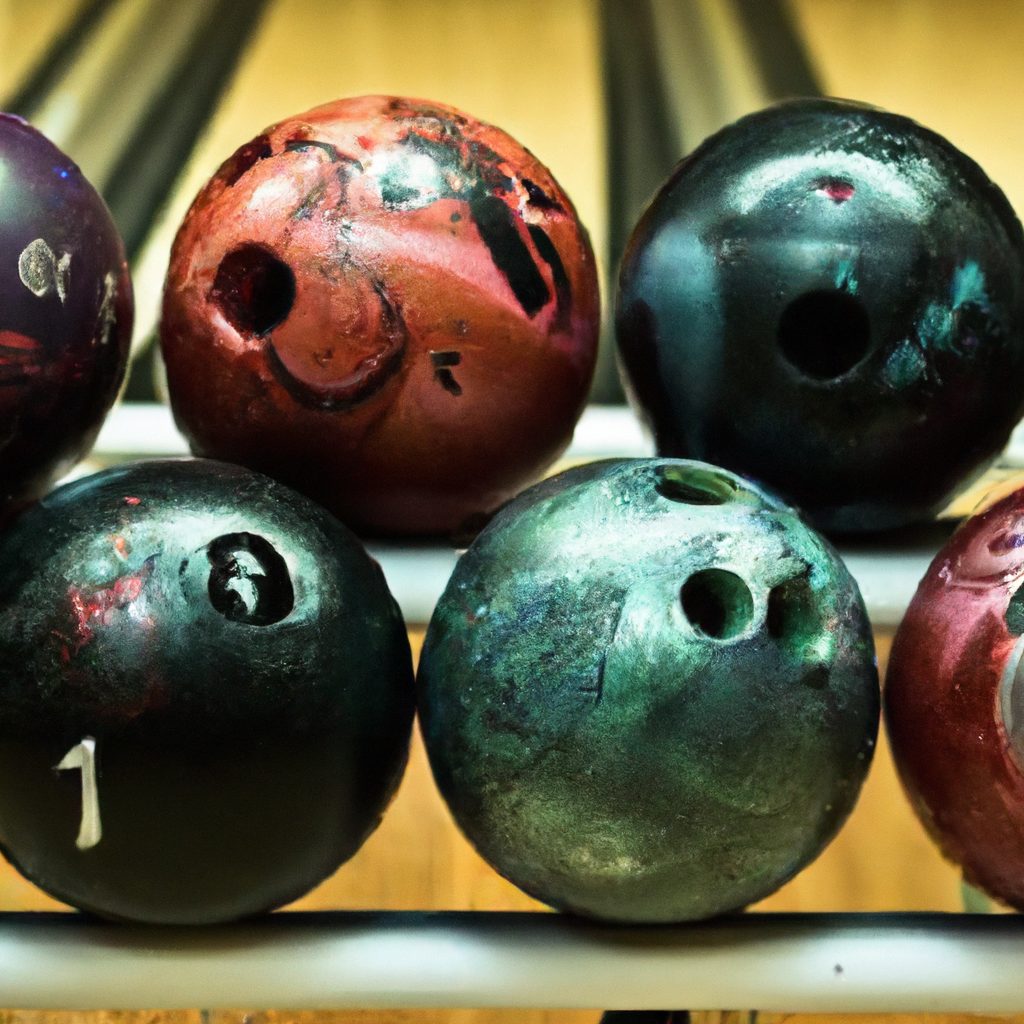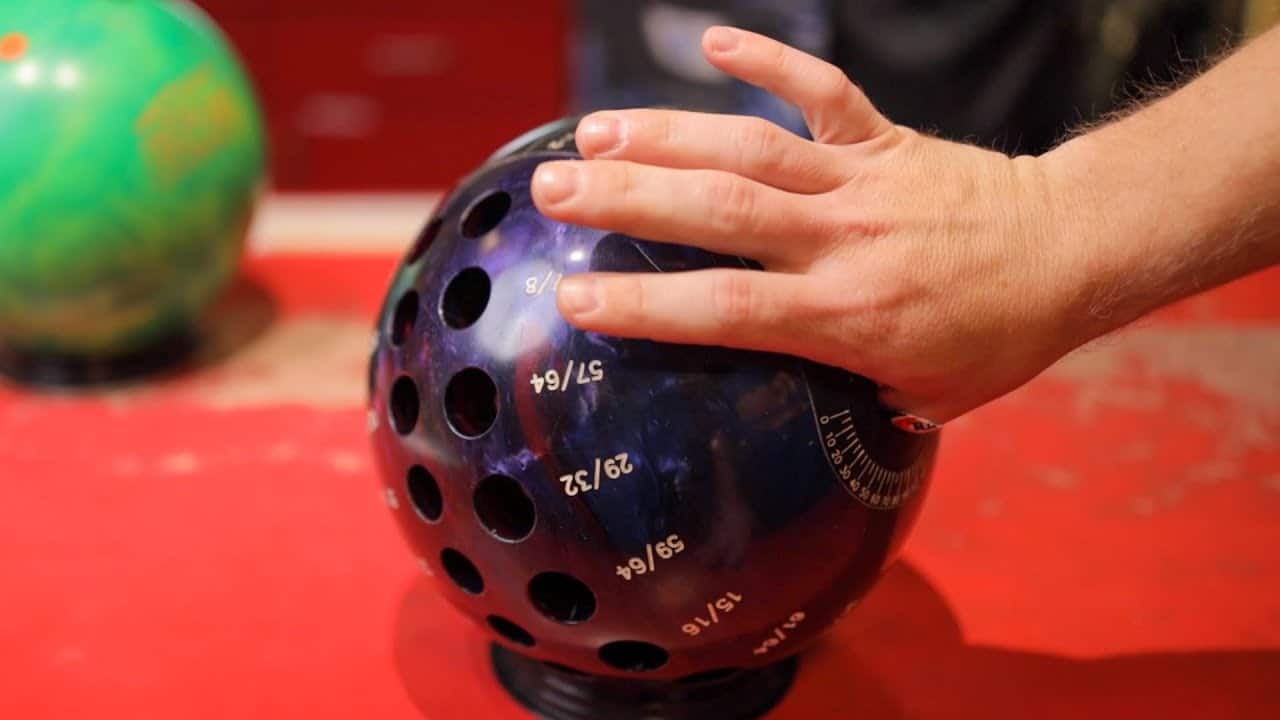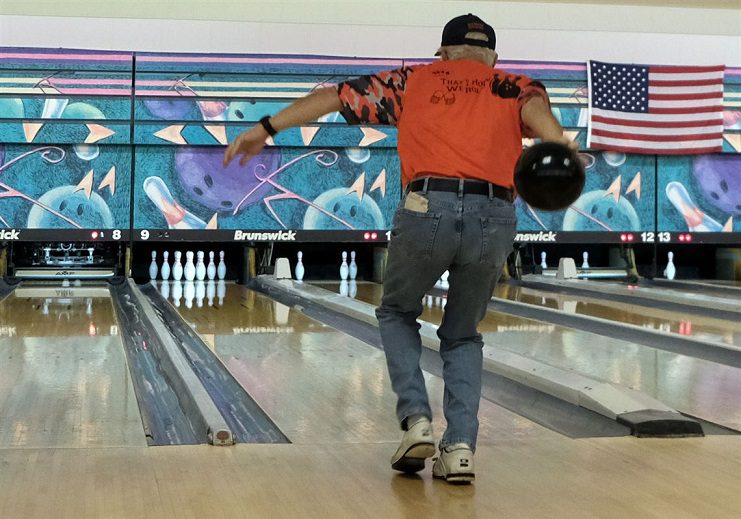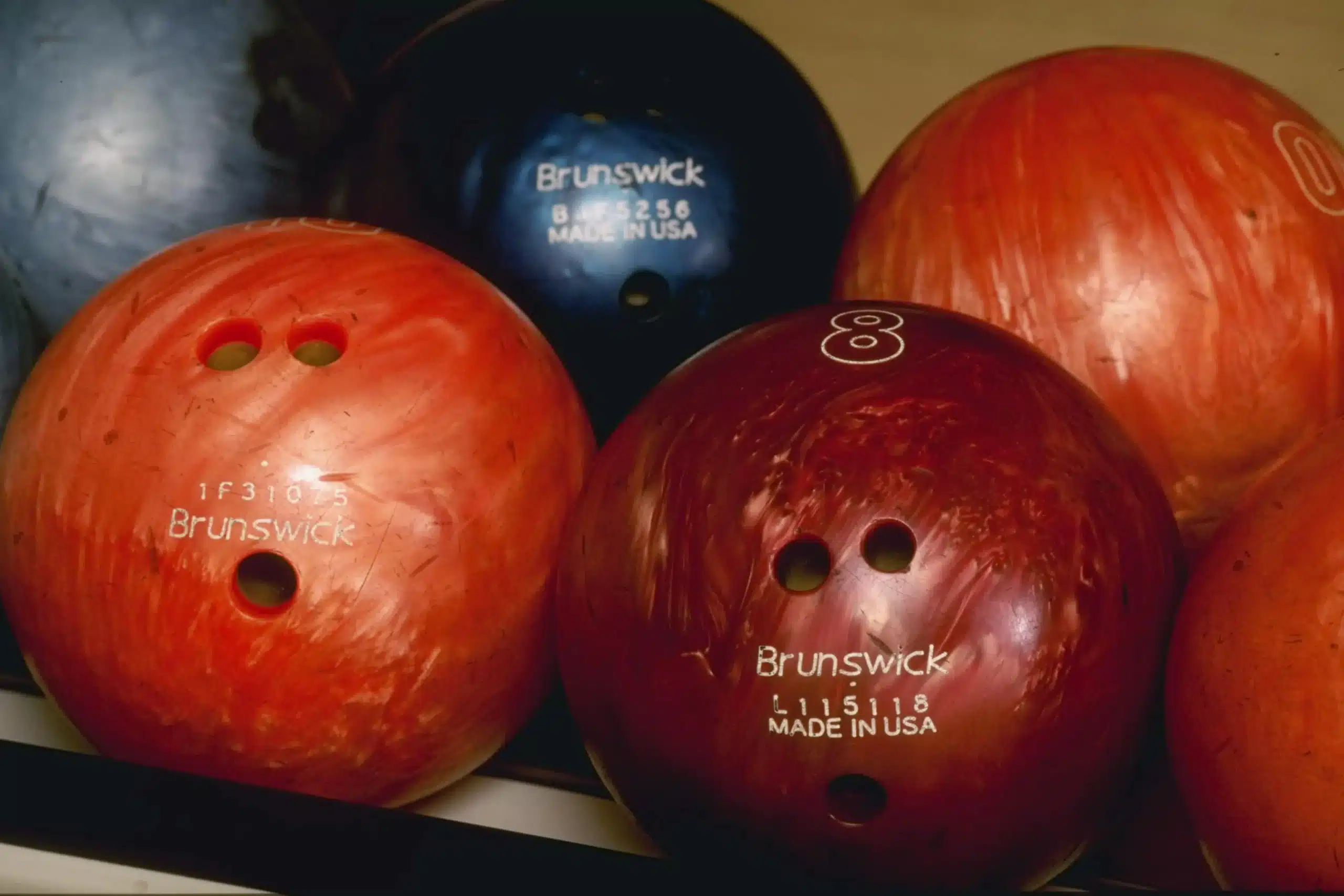Whether you’re a seasoned bowler or just starting out, the question of whether to wear a wrist brace while bowling may have crossed your mind. The truth is, bowling with a wrist brace can have its advantages and disadvantages. While it can provide support and stability to your wrist, helping to prevent injuries and improve your overall accuracy, it may also restrict your range of motion and affect your bowling technique. In this article, we’ll explore the pros and cons of bowling with a wrist brace, helping you make an informed decision that suits your individual needs. So, let’s weigh the options and find out if a wrist brace is the right game-changer for your bowling adventure.
Review contents
Potential Benefits of Bowling with a Wrist Brace
Bowling is a popular sport enjoyed by people of all ages and skill levels. Whether you are a casual bowler or a serious competitor, it is important to consider the potential benefits of using a wrist brace.
Improved Stability
One of the key benefits of bowling with a wrist brace is improved stability. The brace provides support to the wrist joint, reducing the risk of excessive movement during the release of the ball. By stabilizing the wrist, bowlers can maintain a consistent and smooth release, resulting in improved accuracy and control.
Reduced Risk of Injury
Another significant advantage of using a wrist brace while bowling is a reduced risk of injury. The repetitive motion involved in bowling can put strain on the wrist joint and surrounding muscles. A wrist brace helps to minimize this strain by providing additional support and limiting excessive movement during the bowling motion. This can be particularly beneficial for individuals with pre-existing wrist conditions or those prone to wrist injuries.
Enhanced Control and Accuracy
By wearing a wrist brace, bowlers can experience enhanced control and accuracy in their game. The brace helps to align the wrist in a neutral position, which allows for a smoother and more controlled release of the bowling ball. This improved alignment can result in a more consistent delivery, leading to better overall performance on the lanes.
Types of Wrist Braces for Bowling
There are several types of wrist braces available for bowlers, each designed to address different needs and provide varying levels of support. Understanding the different types can help you choose the one that is most suitable for you.
Immobilizing Braces
Immobilizing braces are rigid and designed to restrict movement completely. They are often used for severe wrist injuries or during the initial stages of rehabilitation. While these braces provide the highest level of stability and support, they may limit range of motion and may not be suitable for all bowlers.
Supportive Braces
Supportive braces are more flexible and offer a balance between support and mobility. These braces provide moderate stability while allowing for some natural movement of the wrist. Suitable for both preventive and rehabilitative purposes, supportive braces are a popular choice among bowlers looking to improve stability without sacrificing too much range of motion.
Compression Braces
Compression braces are made from stretchable materials that provide compression and support to the wrist. Unlike immobilizing or supportive braces, compression braces primarily focus on reducing swelling and promoting blood circulation. While they may not offer as much stability as other types of braces, they can be effective in managing minor wrist discomfort or for use during recovery.
Factors to Consider Before Using a Wrist Brace
Before deciding to use a wrist brace while bowling, it is important to consider several factors that can determine whether it is the right choice for you.
Type and Severity of Wrist Injuries
The type and severity of any existing wrist injuries should be taken into account when considering the use of a wrist brace. If you are recovering from a serious injury, such as a fracture or ligament tear, an immobilizing brace may be necessary. However, for minor discomfort or preventive purposes, a supportive or compression brace may be more suitable.
Bowling Style and Frequency
Your bowling style and frequency of play should also be considered. If you are a casual bowler who plays occasionally, a wrist brace may not be necessary. On the other hand, if you are a serious bowler who participates in regular leagues or tournaments, a wrist brace can provide added stability and help to prevent injuries caused by repetitive motion.
Consulting with a Medical Professional
It is always advisable to consult with a medical professional, such as a doctor or physical therapist, before using a wrist brace. They can assess your specific condition, provide guidance on the appropriate type of brace, and offer recommendations on how to maximize the benefits of using a wrist brace.
Potential Drawbacks of Bowling with a Wrist Brace
While there are many benefits to using a wrist brace while bowling, it is important to also consider the potential drawbacks.
Limited Range of Motion
One of the main drawbacks of using a wrist brace is the potential for a limited range of motion. Immobilizing and supportive braces can restrict the natural movement of the wrist, which may affect your ability to execute certain bowling techniques. This limitation can be particularly challenging for bowlers who rely on wrist flexibility for specific shots.
Discomfort and Restriction
Wearing a wrist brace for extended periods can also cause discomfort and restriction. The brace may feel tight or bulky, and the material can irritate the skin. It is important to find a brace that fits comfortably and does not hinder your ability to grip the ball or release it smoothly.
Dependency on the Brace
Using a wrist brace may create a dependency on the brace itself. While the brace can provide immediate benefits in terms of stability and support, relying too heavily on it may hinder your ability to develop and strengthen the muscles responsible for wrist control. It is important to strike a balance between using the brace for support and gradually working towards building strength and stability without relying solely on the brace.
Bowling Techniques for Wrist Brace Users
To make the most of bowling with a wrist brace, it is important to adapt and focus on specific techniques.
Proper Brace Fit and Positioning
Ensuring that your wrist brace fits properly and is positioned correctly is crucial. A well-fitted brace should provide adequate support without causing discomfort or restrict your range of motion too much. It is important to follow the manufacturer’s instructions for proper fit and positioning to optimize stability and minimize the risk of injury.
Gripping the Ball Correctly
While wearing a wrist brace, it may be necessary to adjust your grip on the bowling ball slightly. The brace can affect the natural position of your wrist, so experimenting with different grips and hand positions can help you find the most comfortable and effective grip for your specific needs. Practice with different grips to find the one that allows for a smooth release without placing excessive strain on your wrist.
Maintaining Flexibility and Strength
Incorporating exercises and stretches into your routine can help maintain flexibility and strengthen the muscles in your wrist and forearm. This can help offset any limitations caused by wearing a wrist brace and promote overall wrist health. Consult with a physical therapist or bowling coach for specific exercises that can be beneficial for bowlers wearing wrist braces.
Alternatives to Wrist Braces for Bowlers
While wrist braces can be beneficial for many bowlers, they may not be the best option for everyone. Consider these alternative approaches to address wrist-related issues in bowling.
Hand Exercises and Stretching
Performing regular hand exercises and stretches can help improve wrist flexibility and strengthen the muscles required for bowling. These exercises can be done with the help of a therapist or independently. They can help reduce the strain on the wrist and provide relief from discomfort or minor injuries.
Bowling Accessories
In addition to wrist braces, there are various bowling accessories available that can provide support and aid in wrist stability. Wrist supports, finger tapes, and thumb inserts are examples of accessories that can help alleviate strain on the wrist and enhance overall comfort and control while bowling.
Physical Therapy
For more severe wrist injuries or persistent discomfort, physical therapy may be recommended. A physical therapist can offer tailored exercises and treatments to address specific wrist issues and help in the recovery process. They can provide guidance on proper form and technique to prevent further injuries and improve overall performance.
Success Stories of Wrist Brace Users
Many bowlers have reported positive experiences and success after incorporating a wrist brace into their bowling routine.
Improved Performance and Scores
Bowlers who have consistently used a wrist brace have often seen improvements in their overall performance and scores. The stability and control offered by the brace can result in more accurate shots and increased confidence. With practice and proper technique, bowlers have been able to achieve higher scores and more consistent results on the lanes.
Overcoming Wrist Injuries
Wrist braces have played a crucial role in helping bowlers recover and overcome wrist injuries. By providing the necessary support and stability during the healing process, bowlers have been able to return to the sport faster and with reduced pain. Wrist braces have aided in rehabilitation and allowed bowlers to regain strength and flexibility in their wrists.
Longevity in the Sport
For bowlers who have been participating in the sport for many years, wearing a wrist brace has helped extend their longevity in the sport. By protecting the wrist joint and minimizing strain, bowlers have been able to continue enjoying the sport they love without the fear of injury or discomfort limiting their participation.
Common Myths and Misconceptions
There are several myths and misconceptions surrounding the use of wrist braces in bowling. It is essential to separate fact from fiction to make an informed decision.
Wrist Braces Are Only for Severe Injuries
Contrary to popular belief, wrist braces are not only for severe injuries. While they are beneficial for recovery from serious injuries, like fractures or ligament tears, they can also be used preventively or to manage minor discomfort. Wrist braces can provide increased stability and support, even for bowlers without any pre-existing conditions.
Wrist Braces Guarantee Perfect Technique
Wrist braces alone cannot guarantee perfect technique or exceptional performance. While they can contribute to stability and control, proper technique, practice, and skill development are equally important factors in achieving success in bowling. A wrist brace should be seen as a tool to aid in improving performance, not a substitute for skill development.
Wrist Braces Always Improve Performance
While wrist braces can enhance stability and support, they may not automatically improve performance for every bowler. The impact of a wrist brace on performance can vary depending on individual circumstances and skill levels. Some bowlers may see significant improvements, while others may experience more modest changes. It is important to manage expectations and understand that individual results may vary.
Tips for Choosing the Right Wrist Brace
Choosing the right wrist brace is crucial to ensure optimal support, comfort, and effectiveness. Consider the following tips when selecting a wrist brace for bowling.
Consider Your Specific Needs
Assess your specific needs and the level of support required. Depending on your condition and desired level of stabilization, different types of wrist braces may be more suitable. Evaluate the benefits and drawbacks of each type to find the one that aligns with your individual needs.
Quality and Durability
Invest in a wrist brace that is made from high-quality materials and known for its durability. Bowling involves repetitive motions and can put strain on the brace, so choosing a durable and well-constructed product ensures longevity and effectiveness.
Proper Sizing and Adjustability
Ensure that the wrist brace fits properly and offers adjustability options for a snug and comfortable fit. Proper sizing is essential to prevent discomfort, restriction, or inadequate support. Look for braces with adjustable straps or customization features to ensure a secure and personalized fit.
Personal Factors to Evaluate
When deciding to bowl with a wrist brace, consider these personal factors that can influence your experience and satisfaction with using a brace.
Comfort and Preference
Ultimately, a wrist brace should feel comfortable and not hinder your ability to enjoy the sport. Personal preference regarding the level of support, range of motion, and overall comfort can influence your decision on whether to use a wrist brace while bowling.
Budget and Affordability
Consider your budget and the cost of the wrist brace options available. While investing in a high-quality brace can provide long-term benefits, it is important to choose a brace that aligns with your budget and affordability.
Commitment and Patience
Using a wrist brace requires commitment and patience. It takes time to adapt to the brace, improve technique, and build strength and flexibility in the wrist. To fully reap the benefits, be prepared to commit to using the brace consistently and patiently work towards improving your bowling game.
In conclusion, bowling with a wrist brace can offer various benefits, including improved stability, reduced risk of injury, and enhanced control and accuracy. By understanding the different types of wrist braces, considering factors such as the severity of your wrist injury and your bowling style and frequency, and consulting with a medical professional, you can make an informed decision about whether a wrist brace is right for you. While there are potential drawbacks to using a wrist brace, practicing proper bowling techniques, exploring alternative approaches, and choosing the right wrist brace can help mitigate these drawbacks. Success stories of wrist brace users highlight the positive impact of using a wrist brace on performance, recovery from injuries, and longevity in the sport. It is important to address common myths and misconceptions associated with wrist braces and manage expectations regarding their impact on performance. By considering personal factors such as comfort and preference, budget and affordability, and commitment and patience, you can choose the right wrist brace and optimize your bowling experience. Remember, bowling is a fun and rewarding sport, and using a wrist brace can contribute to an even more enjoyable and successful bowling journey.




![Spare bowling ball Top 10 in 2024. (reviews) Top 10 Best Spare Bowling Balls [2021 Reviewed]](http://landofbowling.com/wp-content/uploads/2021/07/Top-10-Best-Spare-Bowling-Balls-2021-Reviewed.jpg)






